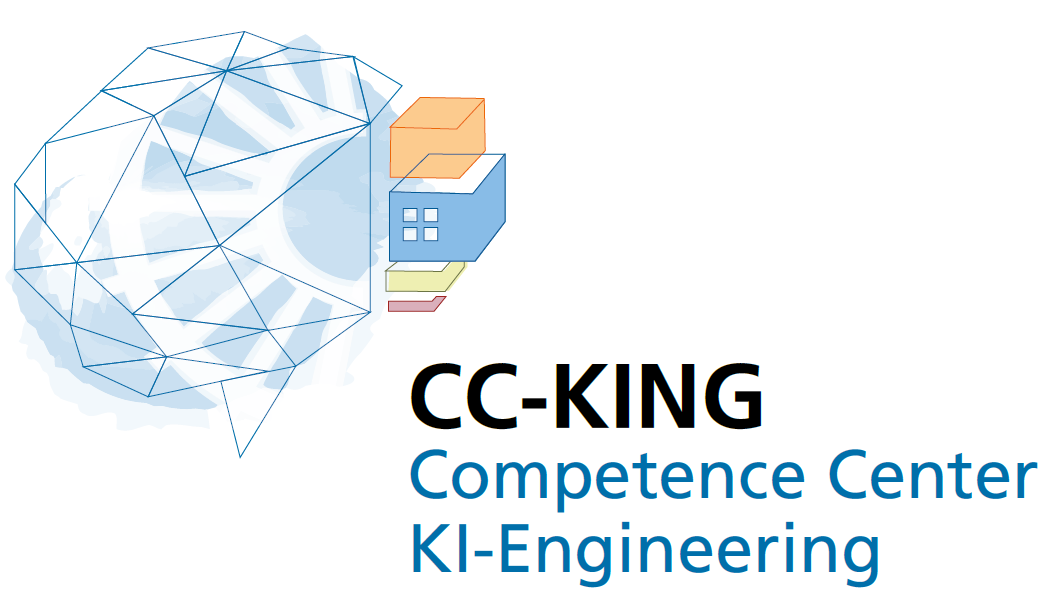The term KI-Engineering originates from Germany and translates to the Karlsruhe way of AI Systems Engineering.
AI Systems Engineering addresses the systematical development and operation of AI-based solutions as part of systems that master complex tasks. |
AI Systems Engineering complements basic research on artificial intelligence (AI) and machine learning (ML) and builds a bridge to the engineering sciences. The aim is to make AI and ML methods usable according to the typical requirements and procedures of engineers, also in safety-critical applications.
Challenges
The design and engineering of complex systems containing AI and ML components differs from classical engineering, which uses only clearly described components whose behavior can be predicted relatively accurately in advance. Systems with machine learning and decision making abilities unfold their final behavior and functionality data-driven at runtime. Nevertheless, it must be possible to design such systems with intelligent components in such a way that reliable predictions can be made and guarantees given about their behavior at runtime.
For this purpose, and with particular focus on a possible certification of AI systems (especially regarding functional security, IT security and privacy), a methodology for the reliable description of AI and ML components and systems must be developed. The requirement is that a priori, i.e. at design time, AI and ML components can be planned unerringly during system design.
In real applications, constraints, such as the performance of embedded systems, result in restrictions for the AI and ML components. Therefore, engineering methods must be provided that allow an adaptation to these boundary conditions while maintaining functionality and guarantees.
Facilitating the transfer to practical application
AI Systems Engineering, as a discipline complementary to basic research of AI methods, makes the use of AI systematically accessible and available to engineering. The development of generally applicable methods and tools also facilitates the transfer into practice. Especially SMEs can benefit from systematic AI Systems Engineering.
Goals
- Enable the use of AI as part of a principled and systematic engineering practice.
- Develop methods, tools and processes to help in the development and operation of AI Systems Engineering solutions. This includes a formal characterization of their performance (not just purely empirical performance observations) that can be used already during the design phase.
- Establish AI Systems Engineering as a discipline that brings together computer science and data-driven analytics with systems engineering and traditional engineering disciplines.
 Competence Center AI Engineering
Competence Center AI Engineering